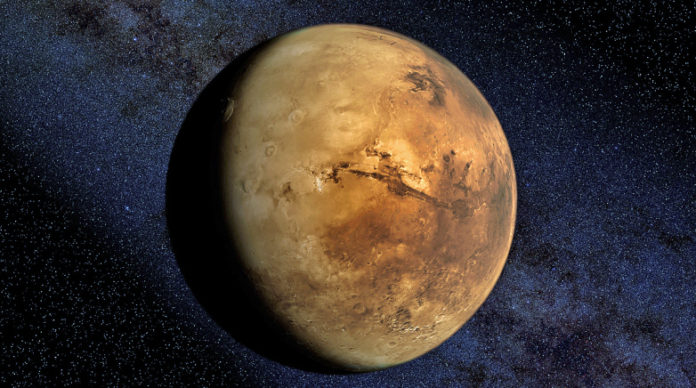For some extraordinary length of time, humans have looked to the skies and wondered about what exactly is out there. Up until recently, people haven’t ever been able to leave the atmosphere. In actuality, a more appropriate description is to say that people haven’t been able to fly until roughly 100 years ago, let alone venture into space.
More recently, thoughts of sending humans to Mars have become more popular, especially since Elon Musk and SpaceX have set goals to visit Mars. As recently as last year, Musk said on behalf of SpaceX that the company could very well send humans to Mars.
As one might imagine, accomplishing such a feat is out of humanity’s current capabilities. The technology that we currently have is simply not well-developed enough. Further, recent research backed by NASA indicates that long-distance space travel could severely harm the gastrointestinal systems of astronauts who travel to Mars or otherwise go on long missions into outer space.
If you’re not familiar with the term, “outer space” means everywhere outside of low Earth orbit, which stops roughly 1,200 miles above the Earth’s surface.
But wait – there’s more!
The study built off of research sourced from previous studies. The previous studies collectively indicated that trips into outer space can also harm astronauts’ brains and cause them to age ahead of their actual age.
Although mice are animals, too, researchers experimented on them to determine the most likely effects of astronauts traveling long distances in space. The researchers exposed the mice to what’s known as heavy ions, or any elements and molecules that are heavier than helium-4, according to the Encyclopedia Brittanica.
Researchers believe that it may be possible to protect astronauts against heavy ion radiation
According to the study’s authors, no modern technology exists that is able to protect astronauts from things like heavy ion radiation. However, it might be possible for “medicines to counter these effects,” per the paper.
The research went on to indicate that no medications with those desired benefits have been created yet.
When astronauts visited the moon, trips took roughly three days to make it from the Earth’s surface to the Moon. Trips to Mars, on the other hand, are estimated to take roughly 300 days! Such long-term trips haven’t been studied yet, but are almost certain to wreak havoc on potential space travelers’ bodies






